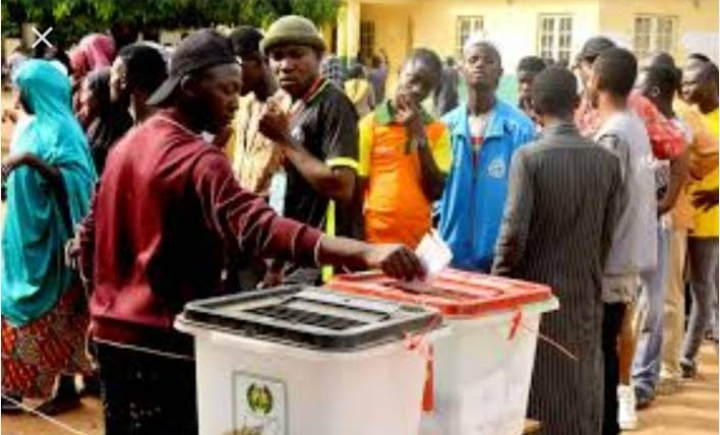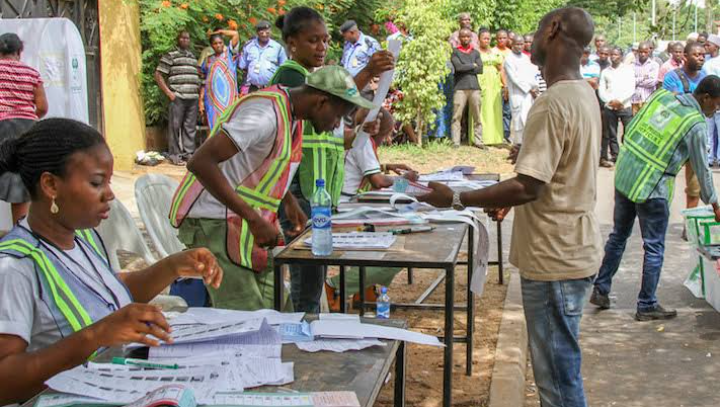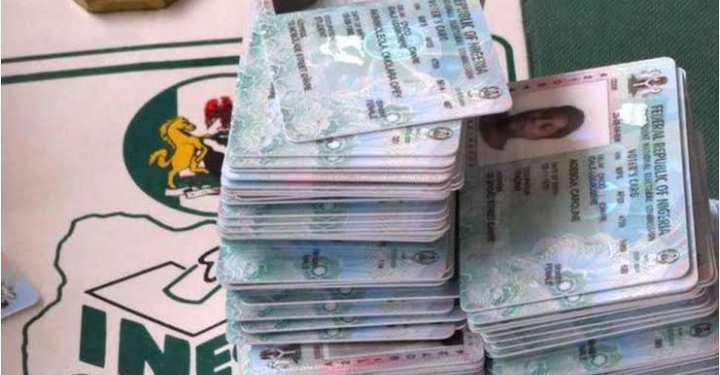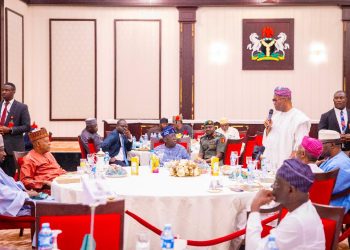The European Union Election Observation Mission (EU EOM) has urged Nigeria to accelerate constitutional and legislative reforms, stressing that the credibility of the 2027 general elections hinges on timely and comprehensive changes to strengthen democratic governance.
Speaking in Abuja on Thursday during a meeting with the Independent National Electoral Commission (INEC), Chief Observer of the EU EOM and Member of the European Parliament, Barry Andrews, acknowledged Nigeria’s progress since the 2023 polls but emphasized that deeper reforms remain critical.
“It is a great honour to be back in Nigeria,” Andrews said, recalling his appointment by EU High Representative Josep Borrell to lead the 2023 mission.
“In terms of scale, both financially and in personnel, the 2023 mission was one of the largest EU Election Observation Missions ever deployed.
This reflects not only the strength of the relationship between the European Union and Nigeria but also Nigeria’s significance, both regionally and internationally.”

Andrews explained that the current visit was part of the EU’s follow-up process to assess the implementation of recommendations from the 2023 mission.
While noting that his team had been in Nigeria for three weeks prior to his arrival and would remain another week, he highlighted satisfaction with administrative and procedural reforms but cautioned that judicial and constitutional amendments would require stronger political will.
“Our recommendations are in line with international standards which Nigeria and many other countries have committed to election observation is part of a global effort to support democracy, not only in Africa but worldwide,” he said.
Drawing attention to the mutual nature of observation, Andrews recalled Nigeria’s role in sending election monitors to Ireland.
“We welcomed their constructive observations, and we are here in that same spirit of cooperation,” he added.
The EU delegation expressed keen interest in INEC’s self-assessment of the 2023 elections, lessons from off-cycle governorship polls, and improvements in result transmission and publication transparency—areas that were key recommendations in the EU’s 2023 report.
Welcoming the EU team, INEC Chairman Mahmood Yakubu praised the partnership and described follow-up missions as vital for electoral improvements.
He explained that the EU made 30 recommendations after the 2019 elections, 11 of which were directed at INEC, compared to 23 in 2023, with eight targeting the Commission and 15 involving other arms of government and institutions.
Yakubu disclosed that INEC had already implemented reforms requiring only administrative action and was working with stakeholders on cross-cutting recommendations.
For proposals requiring legislative changes, he said the Commission was awaiting action from the National Assembly.
He revealed that INEC had shared a detailed response to the EU’s recommendations, including a comprehensive review of the 2023 polls with 142 reform proposals.

Many of these, he said, would necessitate amendments to the Electoral Act and even constitutional changes.
“For this reason, the Commission has been engaging with the National Assembly, including a retreat with the Joint Committee on Electoral Matters in Lagos earlier this year.
“We appeal to the National Assembly for expeditious consideration of the electoral reform proposals.
“Early passage of the law is critical to election planning, as uncertainty over the legal framework can unsettle preparations,” Yakubu emphasized.
Looking ahead, Yakubu reaffirmed INEC’s commitment to collaborating with international partners as Nigeria prepares for the 2027 elections. “We anticipate the next EU Election Observation Mission for the 2027 general election. I want to reassure you that the Commission will continue to engage with the EU, the Commonwealth, the African Union, and ECOWAS as we prepare for 2027,” he said.
He further highlighted that recommendations from observer missions had consistently helped improve Nigeria’s electoral system. He lauded the EU’s longstanding support through initiatives like the European Union Support to Democratic Governance in Nigeria (EU-SDGN) and pledged to deepen cooperation in the coming years.
The EU delegation included Barry Andrews, Chief Observer; Gautier Mignot, EU Ambassador to Nigeria and ECOWAS; Ralph-Michael Peters, Election Expert and Team Lead; Eirini-Maria Gounari, Election Legal Expert; Maros Gabriel, Election Administration Expert; and Laolu Olawumi, Programme Manager for Democracy and Rule of Law at the EU Delegation.









